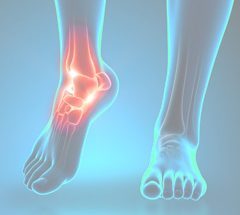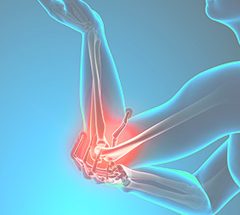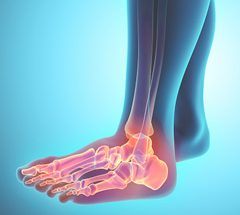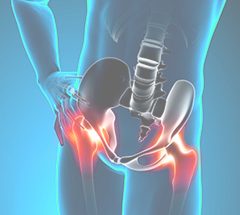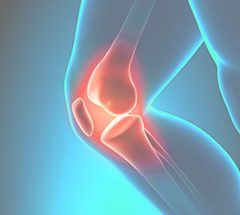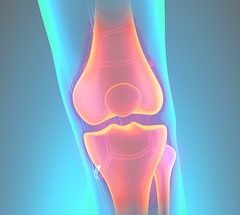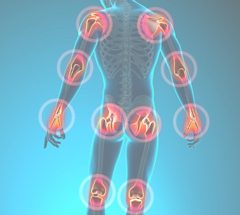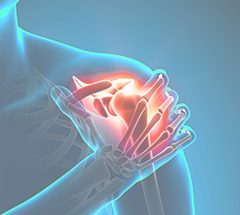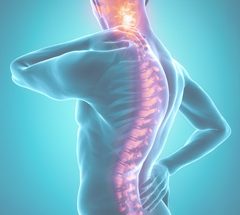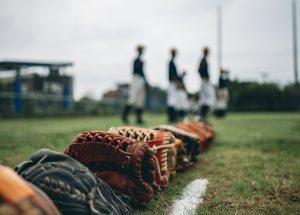Summer is slowly winding down while the school season is ramping up. Along with academic activities, fall sports like football, baseball, soccer and field hockey will also be part of the regimen during the school year. Common injuries like sprained ankles, kneecap pain, shin splints, stress fractures, muscle pulls and overuse tendon injuries can sometimes be avoided with proper preparation and planning. Identifying pre-existing conditions and the appropriate rehabilitation of prior injuries can help avoid a cycle of repetitive injury. Parents can help by encouraging their children to plan ahead and to maintain some level of exercise and sport-specific skill training during off-season or vacation periods. By incorporating sport-specific activities in your children’s weekly routine and by understanding the important principles behind progressive exercise load, hydration, nutrition and recovery, student athletes will be better prepared for the fall season and the often difficult practice sessions that precede it.
- Injury prevention has many components when your child is participating in a sports activity. Student- athletes are encouraged to participate in a progressive strength program over time in order to build strength in areas that are most susceptible to injury based on sport-specific requirements. For example, a soccer player has increased risk of hamstring injury and thus should incorporate hamstring strengthening into their routine. A football player will be required to perform explosive movement off the line of scrimmage and therefore sprint and speed work should be included in their training routine.
- Start slow, then build the amount of time spent doing these types of activities each week. Student- athletes are also encouraged to develop and maintain a strong aerobic base. Simple activities like running, swimming and bike riding on a regular basis will help your child develop the necessary aerobic base to build upon during the upcoming season.
ProOrtho encourages student-athletes to develop appropriate hydration habits.
- Athletes should drink plenty of fluids each night before going to bed and in the morning prior to practice. During practice, athletes should try to consume between 24 and 30 ounces of fluid for each hour of exercise. Higher amounts of fluid may be required as the temperature begins to rise. Additionally, because the body consumes carbohydrates and calls upon electrolytes such as sodium, potassium and calcium to fuel muscles for exercise, sports drinks are the better choice of fluid for your student-athlete. As a rule of thumb, athletes should drink before they are thirsty to avoid dehydration. Eat plenty of whole foods like fruits, vegetables and legumes along with whole grain breads, pastas and lean meats to help you develop as an athlete.
Rest and recovery is what helps the body adapt to the stress and strain of a workout.
- Immediately following exercise, athletes are encouraged to consume plenty of carbohydrates to help restore depleted levels of muscle glycogen. Specifically, athletes should consume between 60 to 100 grams of carbohydrate within the first 30 to 60 minutes after exercise to aid critical muscle recovery.
- Overuse injuries can also be avoided by allowing your body to rest and recover from the day’s workout. Hydration, nutrition and rest all play a critical role in the recovery process. Muscles actually grow stronger by the repair and adaptation that occurs during rest in response to the level of exercise performed. No recovery = no muscle adaptation.
- Sleep also plays a critical role in this recovery. That means that student-athletes need to remember to get enough sleep each night. Growing adolescents participating in intensive athletic activity need nine to ten hours of sleep nightly in order to recover properly for the next day’s session.
Here is what Dr. Hall has to say about fall season sports and prevention of injury, “Have a great fall season! We wish you all the best in your endeavors. Eat well, sleep well, hydrate yourself and keep your body fit. You may find that altering exercises between high impact (such as running) and low impact (such as swimming and cycling) gives your body the rest it needs to recover more quickly and avoid nagging injuries. And, of course, we’re here for you should you need our help.”
If you are suffering from a sports injury, call ProOrtho and schedule an appointment with one of their physicians at 425-823-400 or email them at ProOrthoAppointment@proliancesurgeons.com.

